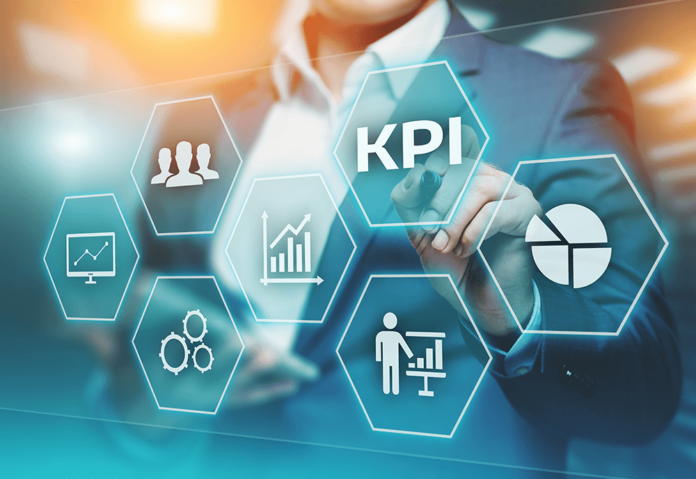Every business has struggled to obtain reliable data analysis and effective KPI tracking. Companies are collecting more data every day, and it has become critical to track this data for organizations to make educated decisions. The use of AI in analytics and data tracking has simplified the process.
By bringing new technologies for efficient and accurate insights, artificial intelligence has alleviated the whole operation.
Businesses are presently creating 2.5 quintillion bytes of data, according to the studies, and by 2025, that amount is anticipated to rise to 463 Exabytes. Companies now have access to tremendous quantities of data, but not every sector can handle such massive volumes of data.
According to a 2011 research, large-scale businesses such as retail, manufacturing, healthcare, the public sector, and others have not been able to effectively utilize their data, resulting in unsatisfactory results.
Many businesses are still overwhelmed by the huge volumes of data to be examined, despite many technological advancements. The following are the main causes of this conflict:
- Time constraints: Most workers do not have the time to evaluate such large volumes of data outside of working hours. They lose interest rapidly and miss out on important information.
- Cost: Businesses may not be able to afford big expenditures in data analysis tools or the hiring of a team of data scientists with the expertise and skills to analyze huge volumes of data and deliver reliable findings.
- Limited skills: With the rise in demand for data analysis, finding qualified data scientists has proven difficult. To fulfill the demands of the sectors, there is a severe lack of data scientists.
What role do AI and machine learning play in this?
Using AI technologies to crunch data and discover patterns has shown to be quite beneficial. At the same time, machine algorithms can scan several datasets. It encourages decision-making agility, productivity, and efficiency.
- Comprehensive KPI evaluation: Because humans cannot evaluate data daily, it is time-consuming and stressful, organizations have switched their attention to KPIs. This method is more scalable since possible abnormalities and digital performance opportunities will not be missed by KPIs.
- Cost-effective and time-saving: Data and KPI analysis takes a lot of time. With so many jobs to do, analysts find it difficult to devote all of their time and attention to a single assignment. The problem persists despite the hiring of staff of data scientists and analysts. Artificial intelligence-assisted analysis and KPI screening save time and resources while also being cost-effective.
- Real-time data insights: Without AI, tiny changes in KPIs may take weeks or months to notice, and organizations may end up executing a flawed plan, which would show in customer experiences. Artificial intelligence guarantees that the procedure is done in minutes and that the findings are real-time.
Follow and connect with us on Facebook, LinkedIn & Twitter

